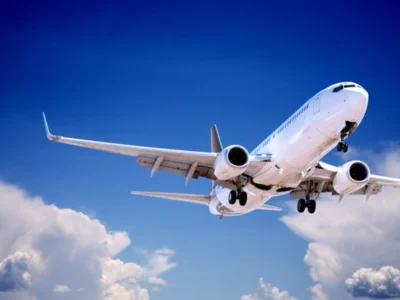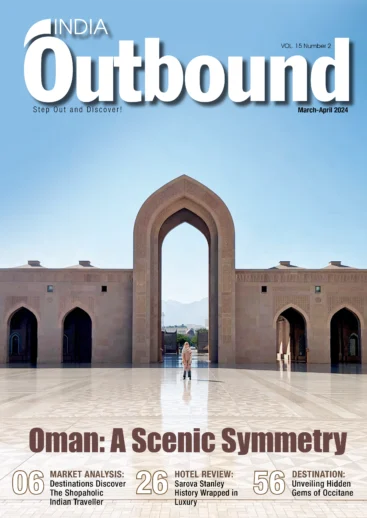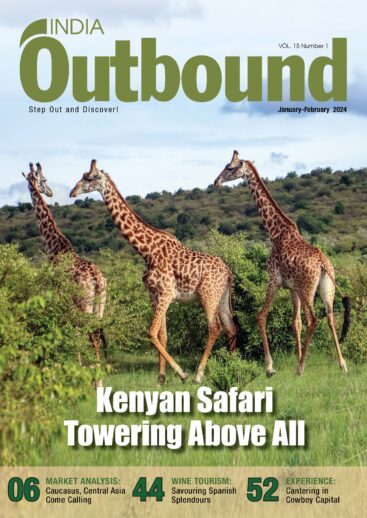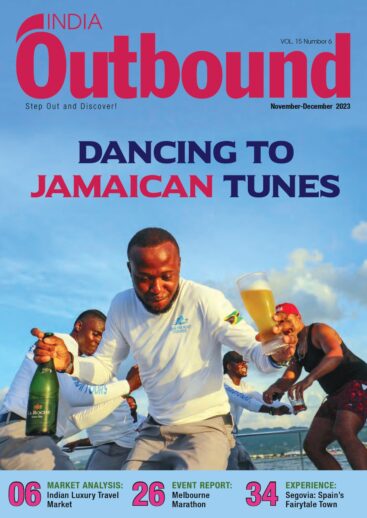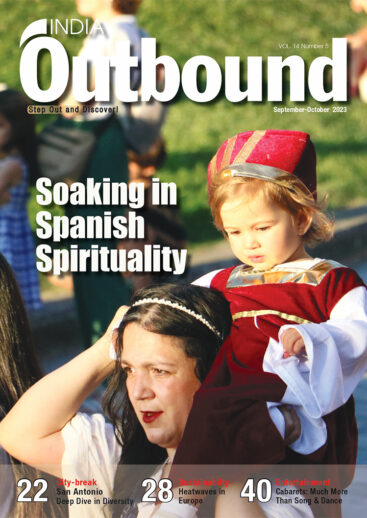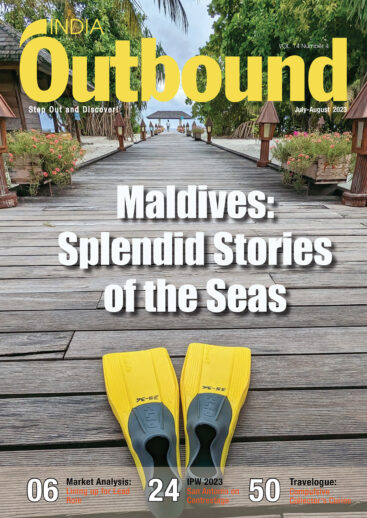With global lockdown continuing for weeks and air travel being one of the hardest hit, many airlines have begun folding up.
Airlines around the world have been forced to ground their planes after many government-imposed travel restrictions and locked borders to slow the spread of the COVID-19 pandemic and as a result, airlines are not seeing any way out to turn around. Two major international airlines have declared this week that they are putting themselves under voluntary administration. With the government rejecting its plea for an AUD 1.4 billion loan, Australia’s second-biggest airline, Virgin Australia has entered voluntary administration. Interestingly, rival Qantas Airways has argued that it had three times more revenue than Virgin and was therefore entitled to a loan of AUD 4.2 billion if the smaller airline was not to gain an unfair advantage.
And then came Air Mauritius which also declared itself insolvent and put itself under independent administrators. At the same time, Virgin Atlantic Airways is battling to convince a sceptical U.K. government to step in provide backing, with the billionaire founder and 51 pc owner Richard Branson saying that the carrier won’t survive without outside help.
Virgin’s sudden halt will affect a major part of the aviation sector, especially stopover flights taken to reach Australia and the region. The airline not only won many awards as Asia PAcific’s best low-cost airline but also was one of the best in retaining employees and offering attractive customer loyalty programmes.
“Virgin tickets were cheaper than Qantas and as Indian travellers have a knack to save money if not taking luxury holidays, a large number of students used to take stopover and layover flights mainly via Singapore to reach Australia and New Zealand. When this pandemic crisis is over, we will have to see how best we can serve the travellers especially the student community as most of them arrange their travel expenses via education loans,” says Manav Soni, the CEO of Exclusive Travels from Kolkata.
Air Mauritius, the national flag carrier was the first Mauritian company with its majority-owned by the state that made their shares public. Over the past 10 years, it saw an upward turnover only plunging in 2019 compared to 2018. Serving a huge number of leisure, honeymoon and MICE tourists to support the tourism-based economy of the country, the airline was increasing its presence in the Indian Ocean area with more codeshare and increased connectivity beyond Mauritius.
“The Air Mauritius flight to Port Louis, especially from Mumbai, was a successful route as a large number of individual leisure travellers, honeymooners as well as MICE groups used to visit Mauritius throughout the year. When the COVID-19 pandemic is contained, we will have to figure out how to cater to these passengers as other flights like Air Seychelles, SriLankan etc will either take more flying time with stopovers or direct flights like Air India will be costlier,” said Ejaz Solkar, managing director at Misba Holidays from Mumbai.
But it is not that airlines don’t turn around. Three of the world’s biggest airlines – Delta, United, and American Airlines, have survived near-death experiences. Delta filed for bankruptcy in 2005, United in 2002 and American Airlines in 2011. All were restructured over many years and emerged from the process as more efficient carriers. India’s very own Air India is continuing to fly and expand despite a huge burden of debts and overloads.
“The Indian airline industry is going through its gravest crisis and experiencing a critical liquidity crisis. This state of affairs will result in the risk of financial losses to air passengers, as they are going to face the problem of airlines withholding ticket refunds or issuing credit vouchers instead of refunds,” saysBijiEapan, president of IAAI national committee.
The speed of Virgin Australia’s and Air Mauritius’s unravelling suggests industry bodies have not been exaggerating in raising the alarm with increasing frequency. IATA (International Air Transport Association), which represents nearly 300 airlines, has said that half of the airlines face bankruptcy in two to three months without government help. Many carriers have furloughed staff and grounded their entire fleets. These collapses within such short period indicate the world’s weakest airlines and travel companies have little time to secure funds before they succumb to the deadly blow of COVID-19.









